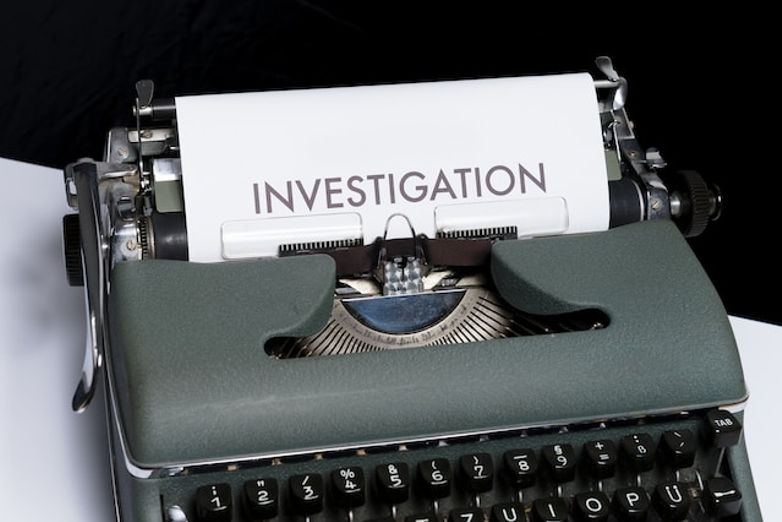
Movies have long been a canvas for storytelling, allowing us to experience a wide range of emotions and explore diverse narratives. One recurring character archetype that has fascinated audiences for decades is the private investigator.
When you contact them, these enigmatic figures, with their trench coats, fedoras, and unyielding determination, have left an indelible mark on the world of cinema.
Let’s unravel the intriguing impact of private investigators on the silver screen.
Intrigue and Mystery
Private investigators are natural conduits for intrigue and mystery. Their profession thrives on solving complex puzzles, tracking down elusive clues, and navigating through shadowy underworlds. In movies, this aura of mystery creates a captivating atmosphere that keeps viewers on the edge of their seats.
Character Depth
Some of the most memorable characters in cinematic history are private investigators. From the suave and cynical Philip Marlowe to the brilliant but troubled Sherlock Holmes, these characters are often multi-dimensional. Their flaws, quirks, and inner demons add depth to the narrative, making them relatable and compelling.
Plot Device
Private investigators serve as excellent plot devices. They can kick-start a story with a new case or breathe life into a stagnant plot. Whether it’s a missing person, a stolen artifact, or a murder mystery, the arrival of a private investigator injects fresh energy into the storyline.
Exploration of Morality
Private investigators frequently operate in the moral gray areas of the law. This allows filmmakers to explore complex ethical dilemmas. Is it justifiable to bend or break the rules for the greater good? Movies featuring private investigators often delve into these moral quandaries, sparking discussions and introspection among viewers.
Visual Aesthetics
The iconic imagery associated with private investigators has a strong visual appeal. The dimly lit offices, rainy streets, and smoky bars create a noir atmosphere that is visually captivating. Directors use this aesthetic to enhance the overall mood and tone of their films.
ALSO READ: Lights, Camera, Guest Posts: Exploring the Intersection of Movies, Writing, and General Topics
Cinematic Evolution
The portrayal of private investigators in movies has evolved over the years. From the classic film noirs of the 1940s and ’50s to the modern interpretations in neo-noir and thriller genres, private investigators have adapted to changing cinematic landscapes. This evolution showcases their enduring relevance in storytelling.
Genre Versatility
Private investigators seamlessly fit into various genres, from crime dramas to comedies and even science fiction. Their versatility allows filmmakers to experiment with different storytelling styles and tones, catering to a wide range of audience preferences.
Audience Engagement
Private investigator movies often invite audiences to actively participate in solving mysteries. Viewers become armchair detectives, trying to piece together clues and anticipate plot twists. This engagement enhances the overall viewing experience.
Iconic Performances
Many renowned actors have delivered iconic performances as private investigators. These roles have become defining moments in their careers, leaving an indelible mark on cinematic history.
Conclusion
The impact of private investigators on movies goes beyond mere storytelling. They infuse films with mystery, depth, and moral complexity, creating a rich tapestry of narratives that continue to captivate audiences. As long as there are secrets to uncover and mysteries to solve, the enigmatic private investigator will remain an integral part of the cinematic landscape.

